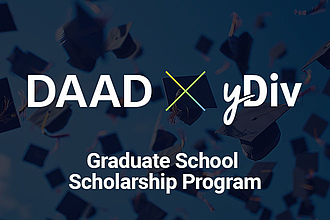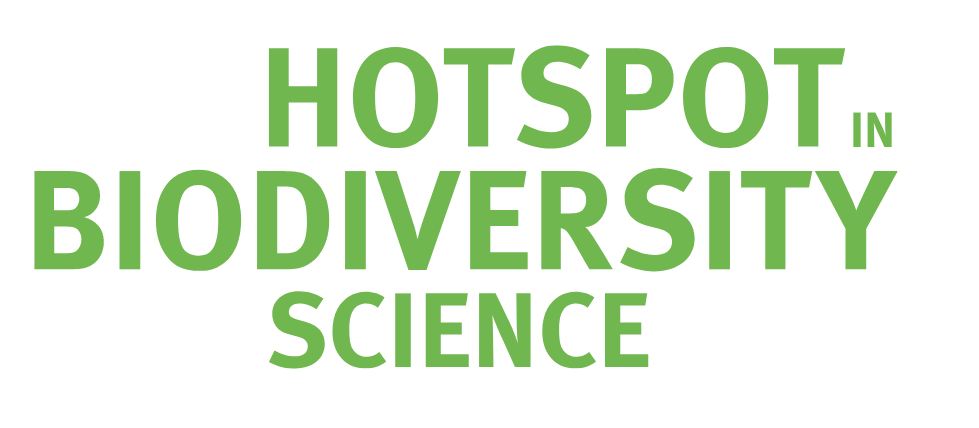

Call for two DAAD GSSP scholarships
The yDiv Graduate School is looking for highly-motivated, international candidates from the global south to apply for the DAAD-GSSP Scholarships 2025 funded by the German Academic Exchange Service (DAAD).
Two scholarships will be available, each with a funding period of up to four years. The positions are expected to start between February and October 2026.
The application deadline is 30 September 2025.
Events
Numbers


German Centre for Integrative Biodiversity Research (iDiv) Halle-Jena-Leipzig
iDiv is a global leader in biodiversity research.
The German Centre for Integrative Biodiversity Research (iDiv) is focused on understanding the variety of life on earth. We measure and monitor how this diversity is changing, and how it affects ecosystem functioning and services.
We are establishing the scientific basis for sustainably managing, protecting, and restoring biodiversity for a more resilient future.

